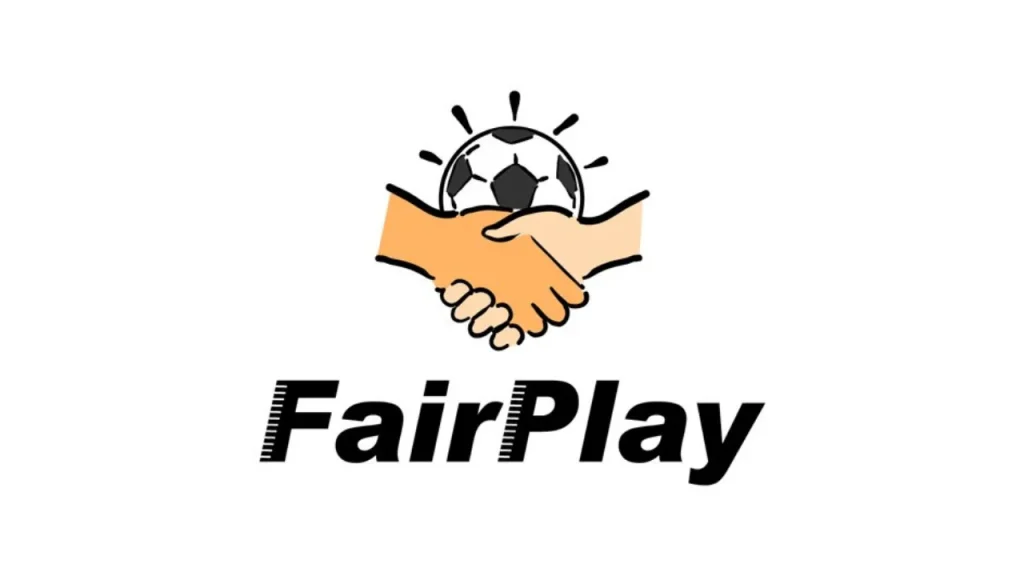Fair play is a popular and widely used term in sports. But have you ever wondered what fair play really means and how it affects different fields? This article by 5JL will take you deeper into the concept of fair play, from the definition to the basic rules, and look at some outstanding examples of this spirit.
What is Fair Play?
Fair play is a familiar term in sports that represents fairness and respect in each match. This term simply means that players follow the rules and show respect for the sport and opponents. In each field of competition, the spirit of fair play is part of the rules, an ethical and spiritual value that every participating player must follow and implement.
Fair play is a fundamental principle in football and other sports. It plays an important role in ensuring fairness and respect between teams, players, and coaches. Fair play helps build a healthy competition environment, encourages personal and social development of athletes, and honors sports values such as loyalty, self-respect, and team spirit.

What Are the Fair Play Rules
In the world of football and sports, adherence to the rules and principles of fair play is fundamental to ensuring fairness, providing a high standard of sportsmanship, and promoting ethics. Here are some basic rules that everyone participating in the competition must follow:
Honesty and no cheating
Players should not use fraudulent actions or abuse their power to gain an unfair advantage. This includes not being fake, not committing fouls, and not violating the offside rule.
Respect for opponents and referees
Players and team members should show respect and courtesy to opponents and referees. This includes not criticizing or insulting opponents and being willing to accept the referee’s decisions with respect.

No violence
During the competition, players should not use violence or act violently. Rough behavior can cause injury and affect the safety of other athletes.
No discrimination based on nationality, religion, or race
Fair play requires no discrimination based on race, religion, nationality,y or any other factor. Everyone has the right to be treated with dignity and respect during the competition.
What are the Fair Play Rules
In addition to understanding the concept of Fair Play, to have a more comprehensive view, let’s explore the Fair Play regulations in football with 5JL.
Fair Play Rules in Football

After discussing the concept of Fair Play, the next important step is to learn about the related regulations and laws. A truly beautiful sport is only demonstrated when athletes compete with the spirit of fair play – the basic principles of fairness, honesty, and respect for opponents. However, with the pressure of competition and the desire to win, it is not always easy for players to maintain this spirit in professional matches.
To address this issue, international football organizations have established official fair play rules, which were first applied at the 2018 World Cup. These rules and regulations are clear about how to punish players or teams that violate the fair play principle. This helps create a reasonable and professional basis for applying sanctions fairly and consistently.
Applying Fair Play Points
Although fair play has existed in football for a long time, there are still no specific principles and clear rules to handle unsportsmanlike behavior. To address this issue, FIFA has applied the points rule from the 2018 World Cup as follows:
Minus 1 point: If a team has a player who is shown a yellow card.
Minus 3 points: If a player receives an indirect red card, equivalent to 2 yellow cards.
Minus 4 points: If a player receives a direct red card.
Minus 5 points: When a player receives both a yellow card and a direct red card.
These measures aim to promote fair play and reduce violations of the rules of football, while creating a fairer and healthier competition environment.
